On August 22 and 23, 2024, the National Bureau of Economic Research (NBER) Chinese Economic Working Group 2024 Autumn Meeting was successfully held at Puhe Campus of Liaoning University (LNU). The meeting focused on discussing cutting-edge issues in the fields of macroeconomics and finance, attracting experts and scholars from more than 30 top universities around the world to attend. Universities included Harvard University, Massachusetts Institute of Technology, Stanford University, Princeton University, Columbia University, University of Pennsylvania, Cornell University, Emory University, University of Colorado, National University of Singapore, Hong Kong University, Chinese University of Hong Kong, Hong Kong University of Science and Technology, Peking University, Tsinghua University, Fudan University, Renmin University of China and Shanghai Jiaotong University.

The success of the meeting highlighted the recognition and support of the international academic community to the achievements of Applied Economics at Liaoning University. Through in-depth exchanges and discussion, the participants agreed that this meeting, as a high-level academic feast, played an important role in promoting international academic exchanges and cooperation and understanding China’s economy. Meanwhile, they also reached a consensus that the Northeast China is a good place and that the comprehensive revitalization of the Northeast would soon be achieved.
The meeting was divided into four sections, presided over by Professor Wei Shangjin from Columbia University, Professor Fang Hanming from the University of Pennsylvania, Professor Xiong Wei from Princeton University and Professor He Zhiguo from Stanford University respectively. Professor Yu Miaojie, Deputy Secretary of the CPC Committee and President of Liaoning University delivered a keynote speech.
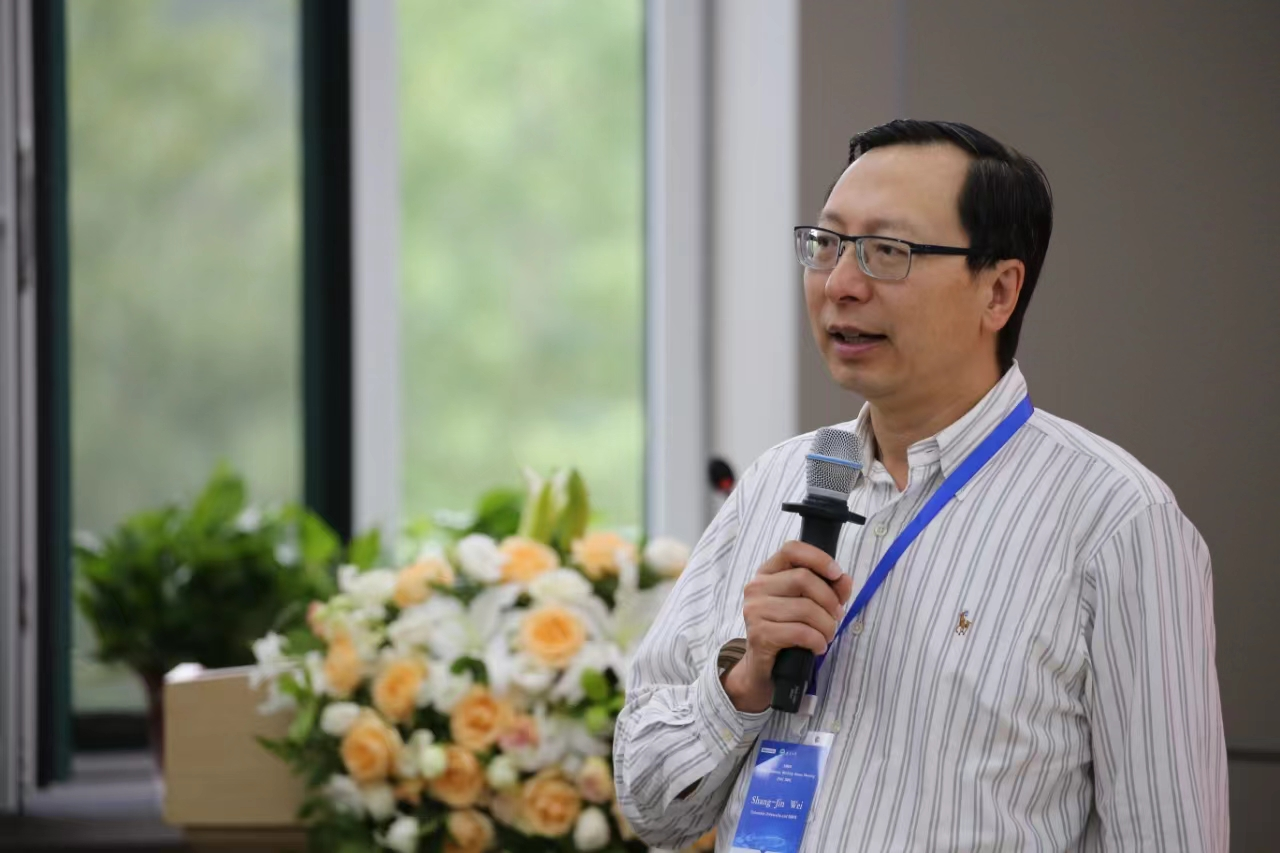
Professor Wei Shangjin from Columbia University presided over the opening ceremony and the first section of the meeting. Professor Fang Hanming from the University of Pennsylvania, Professor Xiong Wei from Princeton University and Assistant Professor Hu Jiayin from Peking University delivered reports.
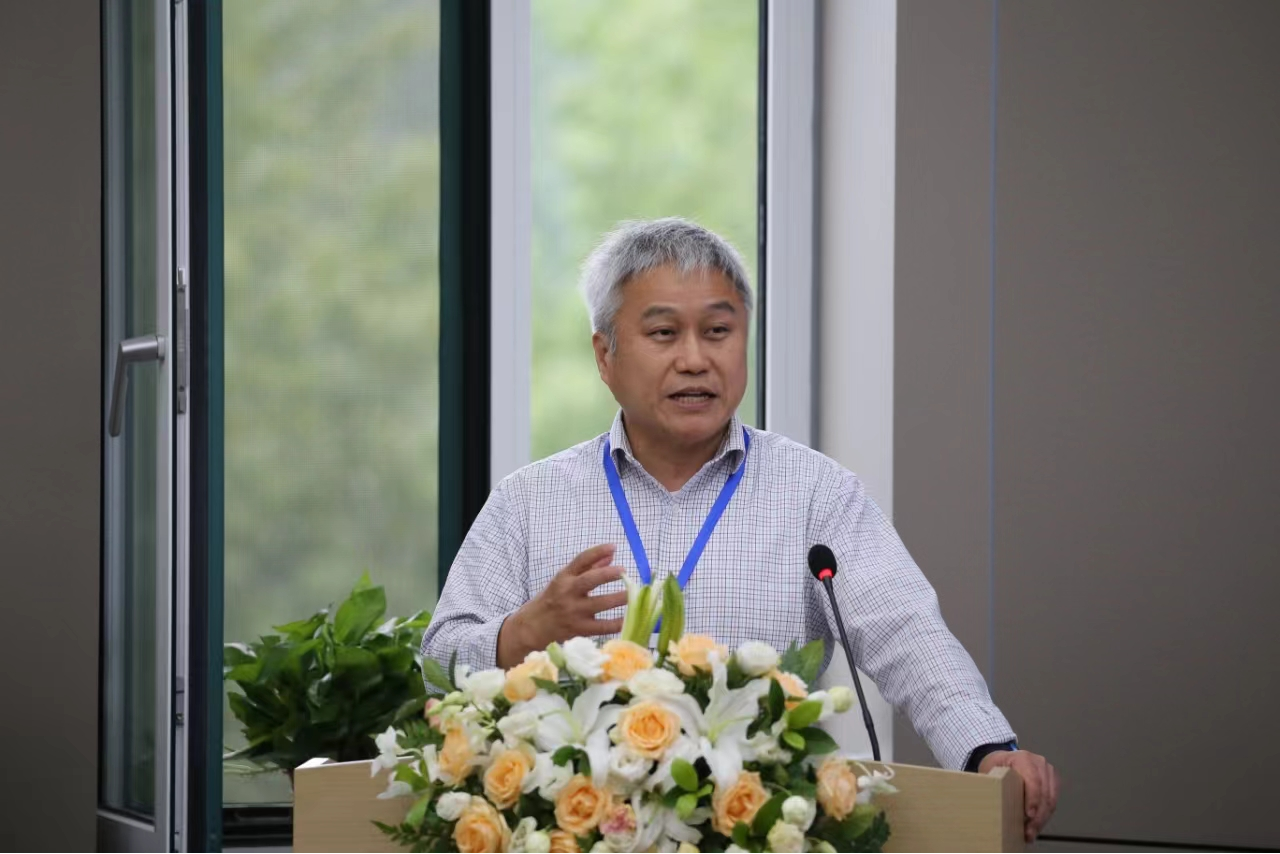
Titled ‘Housing Privatization as Intergenerative Redistribution’, Professor Fang Hanming noted that the government could provide housing subsidies to realize wealth redistribution among different generations. During the period of economic transformation, the rapid growth of wages will bring greater benefits to the young labor force while the older labor force may not be able to enjoy this part of the benefits because of retirement or imminent retirement. Based on this observation, he studied how to design redistribution policies to benefit the elderly group. He held that it is an effective redistribution tool to provide housing subsidies to the elderly labor group in developing countries with rapid growth in labor income. Based on the housing reform in China in the 1990s, his paper quantitatively analyzed the intergenerational wealth redistribution effect of housing subsidy policies.
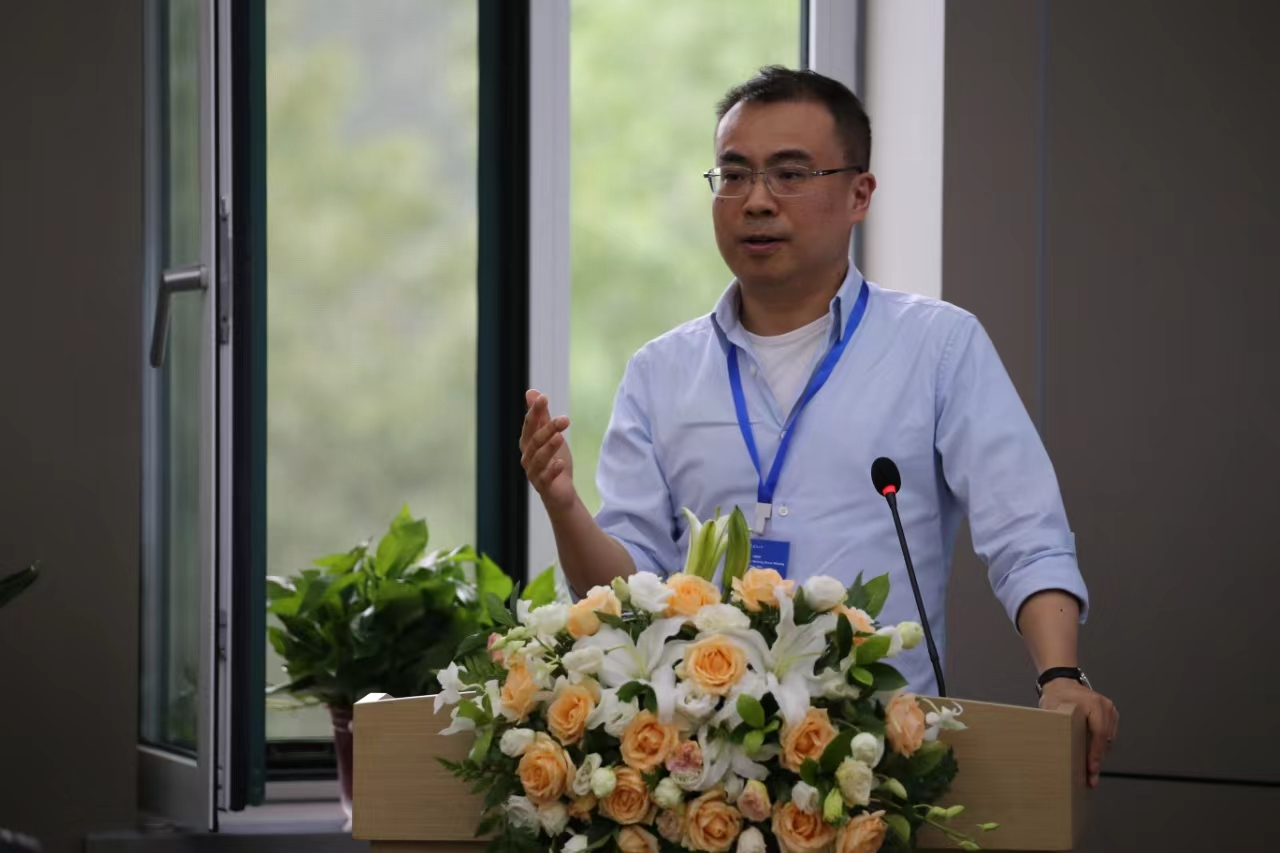
Professor Song Zheng from the Chinese University of Hong Kong made a wonderful comment on the paper. He explained the story of intergenerational transfer payment in a humorous way through examples and provided suggestions about the paper from the perspectives of model, writing and mechanism.

Titled ‘State Versus Market: China’s Infrastructure Investment’, Professor Xiong Wei found that market-oriented construction could further improve the productivity of infrastructure investment enterprises by using ‘Article 36’ published in 2005 as a policy experiment. However, the complementary role of this policy and infrastructure investment will gradually return to neutrality after the implementation of ‘Article 36’. The conclusion of his paper revealed the complex relationship between national intervention and market mechanism in promoting productivity and triggered new thinking on the effective role of infrastructure investment in promoting broader economic growth, which bore important practical significance.
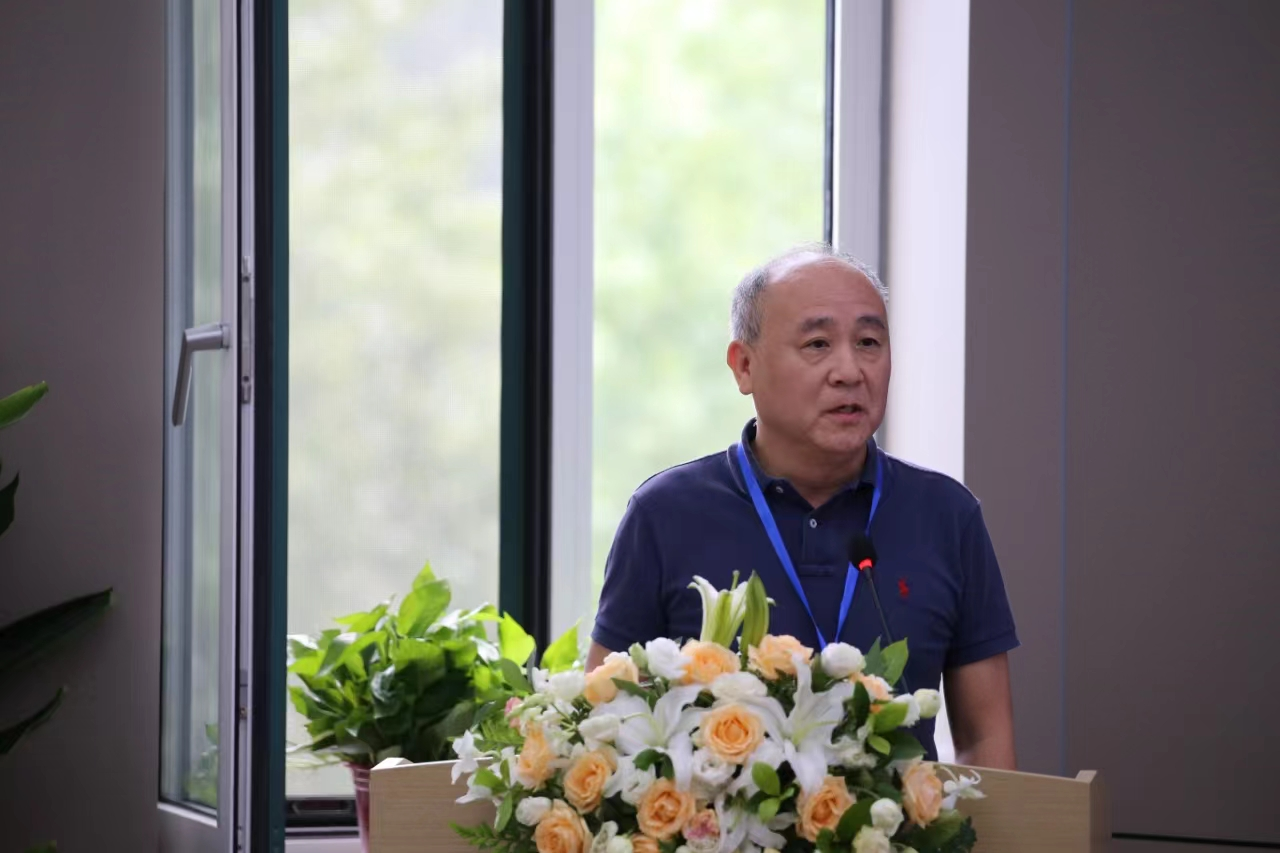
Professor Zhu Xiaodong from Hong Kong University made a wonderful comment on the paper. He spoke highly of the practical significance of the paper, believing that it reflected the institutional advantage of China’s “pooling resources together to do great things”. At the same time, he believed that the paper could be further revised in terms of mechanism testing and endogenous treatment.
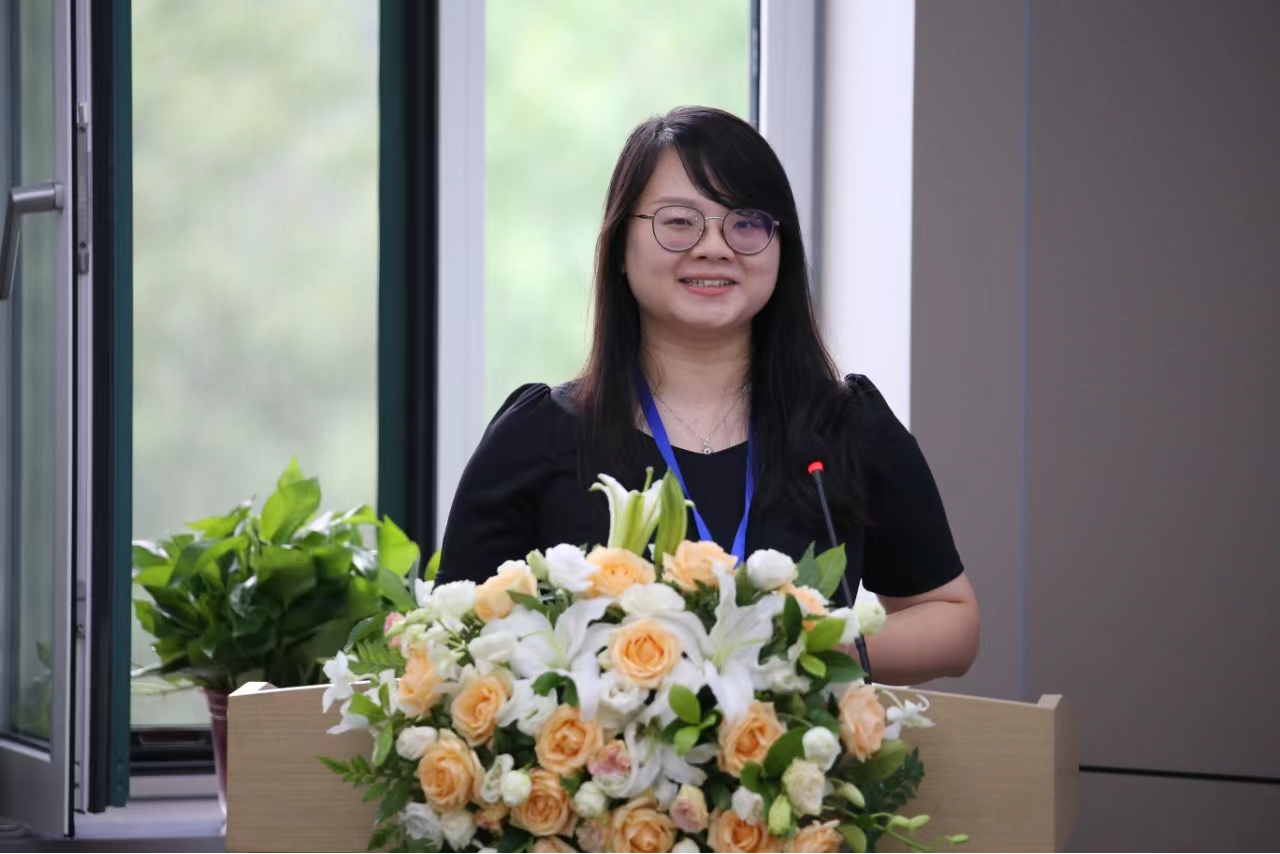
Titled ‘The Use and Disuse of Fintech Credit Reporting: When Buy-Now-Pay-Later Meets Credit Reporting’, Professor Hu Jiayin shared how the disclosure of credit information affects consumers’ use of the ‘Buy-Now-Pay-Later’ function. In recent years, FinTech has developed rapidly, which significantly promoted financial inclusion by providing credit to individuals. However, in the past, financial technology enterprises often did not share borrowers’ information with other lending institutions, so the lending behavior lacked transparency and might accumulate default risks outside the regulatory framework. Based on this observation, her paper took ‘Ant Credit Pay’ as a policy experiment and used the unique data set of ‘Buy-Now-Pay-Later’ users from large digital platforms to study how information sharing affected consumers’ use of financial technology credit.

Professor Qian Wenlan from the National University of Singapore made a wonderful comment on the paper. She believed that the influence of Fintech studied in this paper is very important in the context of the increasingly popular ‘Buy-Now-Pay-Later’ payment model. She commented on the paper from the perspectives of the research’s hypotheses, possible mixed events, and other possible mechanisms.
The guests at the meeting showed strong interest in the research of scholars, holding in-depth discussions and putting forward questions and suggestions.

The meeting was hosted by Liaoning University and undertaken by the Faculty of Economics and the School of Finance and Trade. More than 150 people attended the meeting, including teachers, students and scholars from the faculty and other universities.